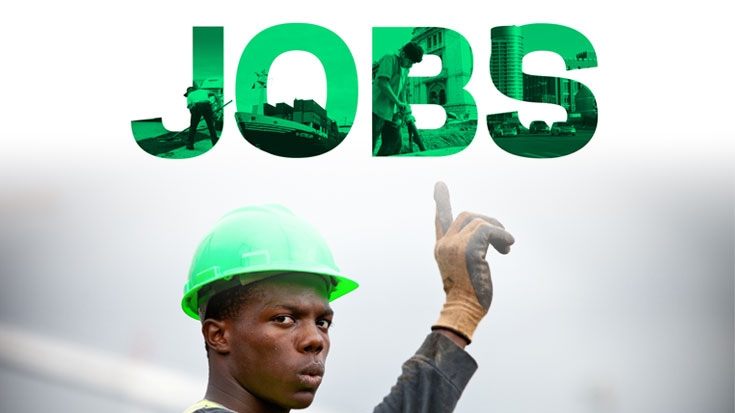Latest Jobs MDTF Update: here are some details:
- Allocations: Notional and going forward
As indicated in our September meeting, our allocations before Round 2 amounted to $29.5m (this encompasses Round 1, Lets Work, Research Window, Global Goods, Program Management, and World Bank admin costs).
- Contributions Received as of end January amount to $29 mln
- Disbursements as of end January amounted to $2.3 mln
- Commitments/Contracts as of end January amounted to $3.4 mln
Deliverables:
We just issued the first request at the end of January for progress reporting. This will feed into the Annual Report due May 2016. While the progress reporting is underway, we’d like to share with you two deliverables recently completed:
- Toward Solutions for Youth Employment: A 2015 Baseline Report: Launched in Oct 2015, this report discusses the existing youth employment challenge and notes that for the first time, we have proven interventions that show impact, and can be used to better inform policy decisions. The report was widely disseminated online, and generated some media interest, including this interview.
- A Workshop on Measuring Violent Conflict in Micro-Level Surveys delivered from 23-27 November, 2015, encompassing the Conflict Exposure Module (CEM). The CEM was developed under the LSMS-ISA project in coordination with the International Security and Development Center (ISDC) and has been published on the LSMS-ISA website as a sourcebook. The training was designed to promote the use of the CEM among in order to improve the quality of survey data about the effects of violent conflict exposure, enhance the overall understanding of socioeconomic change, and inform policy making. Participants sponsored by the project included representatives from the national statistical institutes of Bhutan, Burkina Faso, Colombia, Malawi, Nepal, Niger, Nigeria, and Uganda. In addition, there were participants from FAO, UN Economic and Social Commission for Western Africa, and the London School of Economics. The trainers were from ISDC, Institute of Development Studies, the Université Libre de Bruxelles, and the World Bank.
- Let’s Work: The Let’s Work program is currently being implemented all 7 countries, with specific joint activities and pilots underway, for example, working to overcome coordination failures and ensure quality standings in linking vulnerable farmers and small entrepreneurs to formal value chains and increasing earnings in Mozambique. This pilot will be accompanied with an impact evaluation to draw lessons in order to learn and improve. The second pilot will partner with IYF to promote entrepreneurship among women and create jobs for vulnerable women in the informal sector, also accompanied with an impact evaluation.
The Let’s Work Partnership will host a joint conference on jobs at the end of March with the Government of Mozambique and the ILO. Titled “More, Better, Inclusive Jobs: Stimulating Private Sector Led Job Growth in Mozambique,” the one day Conference aims to inform policy dialogue on jobs with stakeholders. Findings of a Jobs Diagnostic and ongoing Value Chain Analysis for the key sectors of agribusiness, forestry, and construction, will be shared at the conference, along with key lessons from international experience. The aim is to begin the process of defining a jobs strategy that supports the Government’s five-year plan (“Plano Quinquenal do Governo” PQG, 2015-2019).
MDTF Second Round of Proposals:
We were pleased receive 140 applications, for $67 million, with strong interest in all four priority areas. The announcement asked for Expressions of Interest (EOIs) in Pilots as well as for Deepening Job Impacts of existing projects. For the Pilots, we anticipate selection by mid-Feb. For EOIs on Deepening Jobs Impacts of existing projects we will have a second, more detailed technical review by mid-March.

